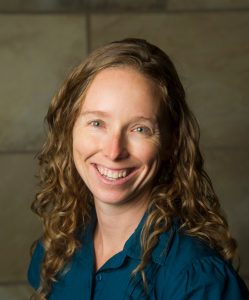 PI: Jenny Gremer
PI: Jenny Gremer
Associate Professor
B.Sc. (2002) University of California, Santa Barbara
Ph.D. (2010) University of Montana
Postdoctoral researcher (2010 – 2013) University of Arizona
Ecologist (2013 – 2015) US Geological Survey
jrgremer/at/ucdavis(dot)edu
Article on Jenny’s pathway to science
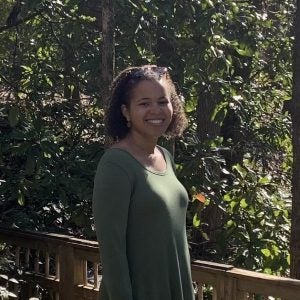 Brandie Quarles Chidyagwai
Brandie Quarles Chidyagwai
Postdoc
I am a plant evolutionary ecologist broadly interested in how plants respond to stressful and variable environments. I integrate field, greenhouse, population genomics, and demographic modeling methods to assess how key traits influence population demography and the opportunity for adaptation of other traits. As a postdoc at Davis, I’m working with the Maloof, Gremer, and Magney labs to identify the factors (such as variation in genotypes, physiology, and the environment) that contribute to population persistence/extinction. Results from field experiments addressing that question will then be used to parameterize an integrated demographic model to project future population dynamics, especially in the face of climate change. I’m also excited to work with Denneal Jamison-McClung on science outreach and education related to the project. Website: https://sites.google.com/view/brandie-quarles/home
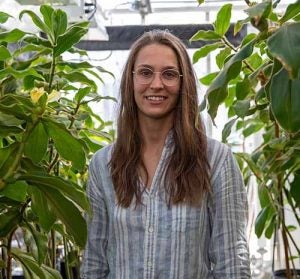
Julia Harenčár
Center for Population Biology Postdoc
I am an evolutionary biologist passionate about combining ecology with genomics to understand plant evolution. Plants are the dominant kingdom by biomass, definers of ecosystems, nourishers of many, and excellent for studying the evolutionary questions that drive my research. What is the genetic basis of adaptation? How does gene flow between species influence evolution? How can basic evolutionary research inform invasive plant management and rare plant conservation? My current project leverages modern genomic techniques for sequencing and analyzing old DNA. I am using herbarium specimens to build timelines of genomic change and trait evolution over the course of introduction and hybridization in invasive radish. Crop-wild radish hybrids (Raphanus sativus X R. raphanistrum) pervade across a wide variety of climates in California. My research investigates how hybridization has contributed to climate adaptation and invasiveness to inform management of increasingly common hybrid invasive species in a changing climate. Website: https://sites.google.com/view/juliaharencar
 Rishav Ray
Rishav Ray
Postdoc
I am an evolutionary ecologist mostly interested in natural history-driven evolutionary questions, with a focus on using large-scale omics data to answer them. I take a curiosity-driven approach, guided by observations of nature, and enjoy quantitatively testing my hypotheses using diverse data sources. Currently, I am a postdoc in the IntBio project at UC Davis, where I integrate multi-omic data, remote sensing, and various phenotypic field data to study Streptanthus tortuosus, a wildflower native to California. My research aims to infer past and future demographic patterns and their evolutionary history, and explore how this species may respond and adapt to changing climates.
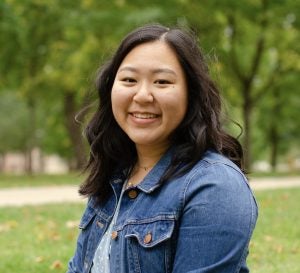
Maya Arakaki
Ph.D. Student
I am a first year PhD student in the Graduate Group in Ecology. My research ideas are still developing, but I am interested in life history evolution, phenotypic plasticity, spatial ecology, and quantitative methods for modeling population dynamics and genomic predictions in plant species. Outside of research, I enjoy baking, gardening, swimming, and camping with friends.
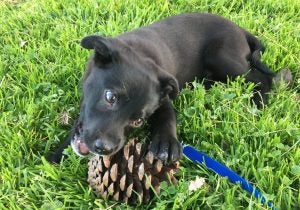
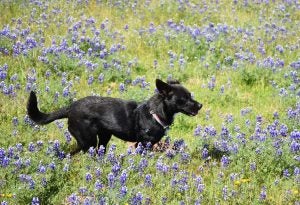 Riffle
Riffle
Lab mascot, field assistant
Interests: field work, sampling grasses, coarse woody debris, and plant volatiles. Also enjoys hiking, running, belly rubs, and treats.
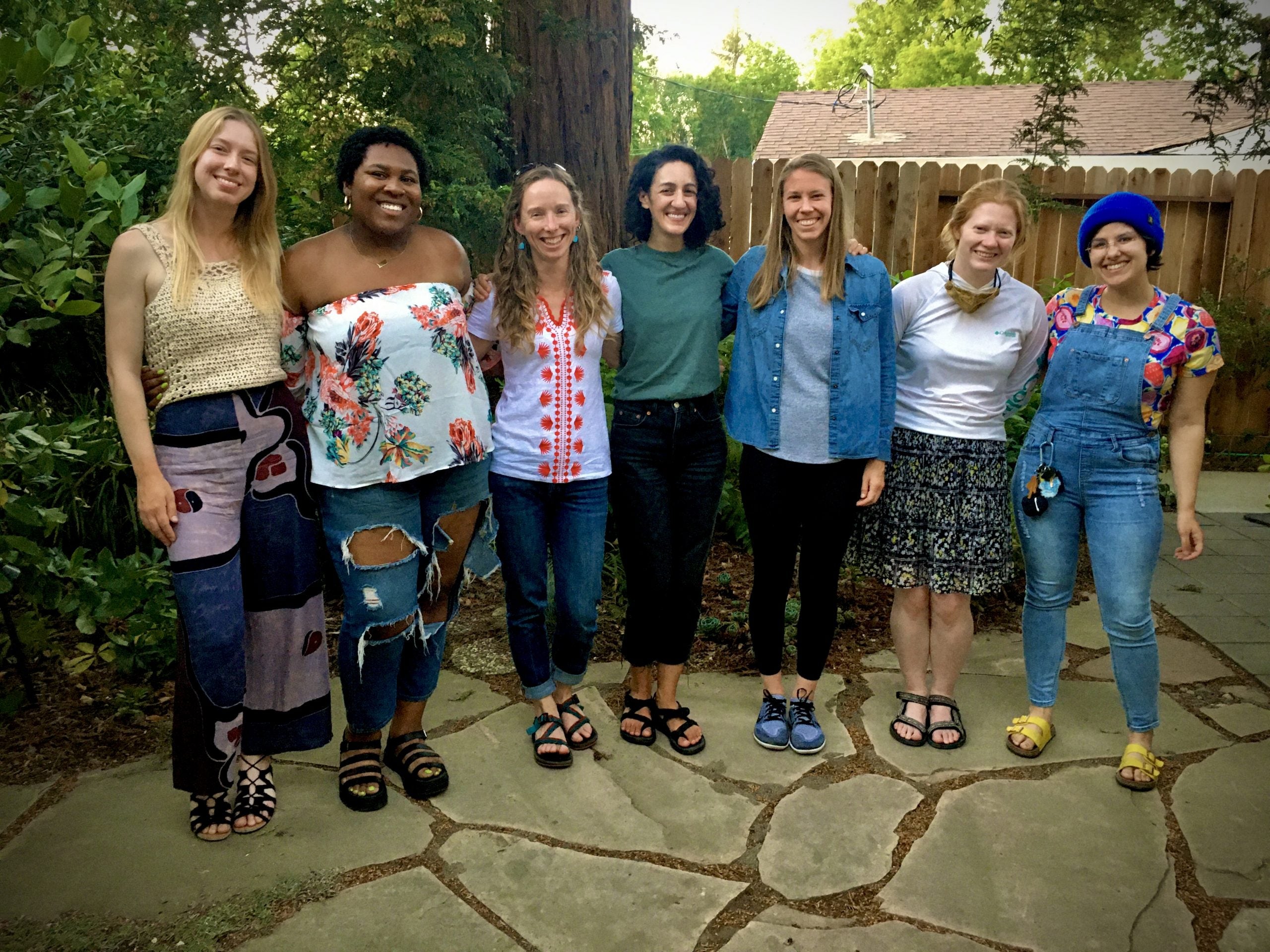
The lab group (circa 2021)